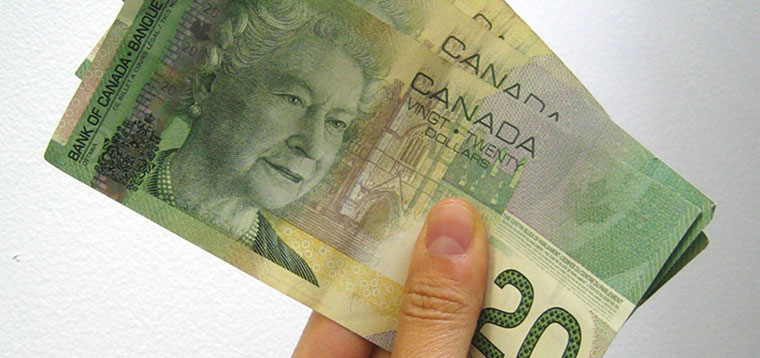
Small Business Tax Filing in Canada
Filing taxes for businesses is a very sensitive exercise that demands optimal attention and knowledge – particularly, an individual’s status as a stakeholder, which would define his or her level of commitment. For small business owners, filing taxes largely depends on the individual’s standing with the business in question – whether they are sole proprietor or operate in partnership.
It rests on the business owner’s shoulders to file the correct tax forms with the Canada Revenue Agency and to use correct tax rates. To keep things simple, it helps for business owners to declare their business income, deduct allowable expenses and then file the taxes to be accurate.
A Business’ Structure Is Closely Related to How You File Your Taxes
A business’s structure from the business owner’s viewpoint is the length and breadth of their ownership of the business. If business owners operate the business by themselves, they are typically sole proprietors of the business. Sole proprietors are required to add their income to a personal tax form and file form T2125. Business owners residing in Quebec should file with the same information using Form TP-80-V. But, if you run a business in partnership and your business is unincorporated, you still must use the form as mentioned above, but need to complete the partnership section.
Small business owners who have incorporated their business as a separate entity should file their corporate tax using Form T2 and pay their individual taxes separately.
Business Incorporation – Advantages and Disadvantages
There are many advantages of incorporating your business. The most prominent is that corporate tax rates for small businesses are way lower than personal tax rates if your personal income falls in the higher income group. On the contrary, the most common experiential discouraging factor of incorporating is that the corporate tax forms are very complicated and require many other financial documents for support. For unincorporated business owners, any losses will be deducted from their income, but in the case of incorporated businesses, the losses in the business are confined to that particular business only.
Leela McDowell runs a professional agency for hiring artists in Toronto. She started as an unincorporated business, but has now incorporated it. During the initial days of her business, she would deduct her business losses from the income she was making, and this kept things tidy and simple. But later, as the business grew, it made sense to get her business incorporated. She recalls changes from the initial days of her business, paying losses from her income to paying corporate taxes.
What Is Business Income?
The CRA has clearly defined what business income is and how it is attributed to and differentiated from other sources of income: incorporated or other business owners sell products and services in their name or their business’ name to earn an income.
The Canadian Revenue Agency treats business income differently from the income you earn from employment or as interest from investments. As an important differentiating factor, income earned from business, professional services and corporate engagements and where the objective is to earn profit do not include income earned from employment.
To be on the safer side and to file your taxes with accuracy, business owners must declare all their sources of revenue at the time of filing.
What Are Business Expenses?
It is mandatory to have a clear understanding of business expenses before you file your business tax. Business expenses are costs that the business incurs during its normal course of operations to generate income. Business expenses are deducted from your income, which reduces your total earnings. As an aftereffect, you’re expected to pay less tax.
The CRA has clear definitions of all sorts of business expenses. We recommend you either hire a qualified tax professional to help you or consult the CRA’s website. Quite clearly, business owners are not expected to deduct groceries and vacations from their business earnings, but they could deduct home or car expenses if they operate from home.
Putting Everything on Paper
With clear definitions of business income, eligible expenses and applicable tax rates, you are all set to fill in tax forms, declare income and expense headings, and file with the CRA. The profits sole proprietors and businesses operating in partnerships make from their business activities are added to their personal earnings and tax filing. The tax rate applied depends on your personal expenses, deductions etc.



